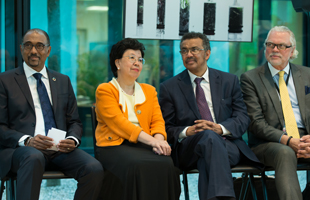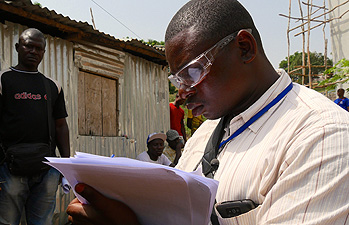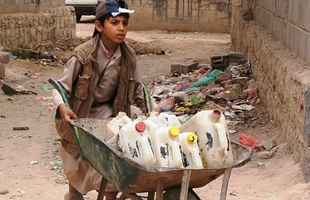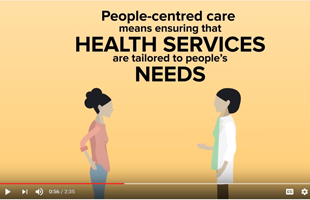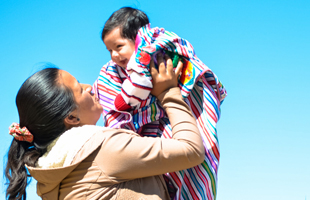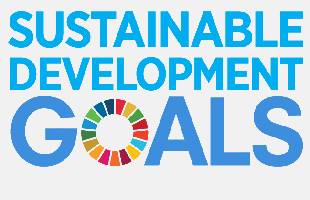Outbreaks and emergencies
Emergencies » Ebola » Food insecurity and famine » Nigeria » South Sudan » Syrian Arab Republic » Yemen »Fact sheets
-
Preventing unsafe abortion
Updated June 2017 -
Ebola virus disease
Updated June 2017 -
Emergency contraception
Updated June 2017 -
Elder abuse
Updated June 2017
Highlights
-
Inaugural Africa Health Forum in Kigali, Rwanda
June 2017 – For the first time, WHO’s Regional Office for Africa is convening global leaders and thinkers to explore Africa’s healthcare priorities and challenges and find new ways to achieve better health for all.
-
More can be done to restrict sunbeds to prevent increasing rates of skin cancer
June 2017 – WHO underscores national actions to limit the use of artificial tanning devices (sunbeds) in a bid to reduce the associated health risks, such as melanoma and non-melanoma skin cancers. For more than three decades, the deliberate sunbed exposure to ultraviolent radiation (UVR) for cosmetic purposes has been driving up the incidence of skin cancers and driving down the age of their first appearance.
-
WHO toolkit for the care and support of people affected by complications associated with Zika virus
June 2017 – Zika virus is associated with severe neurological complications, particularly congenital Zika virus syndrome and Guillain Barré syndrome. The associated complications have a marked impact on the people affected and their communities, including both physical and mental health. The toolkit has been developed to serve as a model guide, with the goal of enhancing country preparedness for Zika virus outbreaks.
-
Paris is 500th member of WHO Global Network for Age-friendly Cities and Communities
June 2017 – Today, 19 June, WHO’s Global Network for Age-friendly Cities and Communities (GNAFCC) welcomed Paris, France, as its 500th member. The Mayor of Paris, Anne Hidalgo and her deputy Dominique Versini - responsible for early childhood, the protection of children and the fight against exclusion and the elderly - formalised their commitment to become an age-friendly city during a presentation of the plan "2017-2021 Seniors in Paris".
What we do
Health emergencies programme
Eliminate hepatitis
Infographics
Disease outbreak news
-
Middle East respiratory syndrome coronavirus (MERS-CoV) – Saudi Arabia
28 June 2017 -
Human infection with avian influenza A(H7N9) virus – China
28 June 2017 -
Lassa Fever – Nigeria
28 June 2017 -
Middle East respiratory syndrome coronavirus (MERS-CoV) – Saudi Arabia
19 June 2017
Events
-
Summer School on Refugee and Migrant Health
10–14 July 2017 -
World Hepatitis Day 2017: Eliminate hepatitis
28 July 2017 -
WHO Global Conference on Noncommunicable diseases
18–20 October 2017 -
World Hepatitis Summit 2017
1–3 November 2017
Sustainable Development Goals
Tweets from WHO
Tweets about "from:who"Newborn

"Controlling vectors is a constant challenge, and both old and emerging diseases are exposing new threats."
Stories from countries
-
Giving blood in a time of crisis
13 June 2017 -
New vector control response seen as game-changer
1 June 2017 -
Bhutan making its people healthier, happier by beating noncommunicable diseases
17 May 2017 -
WHO improves transparency of financial data
12 May 2017
